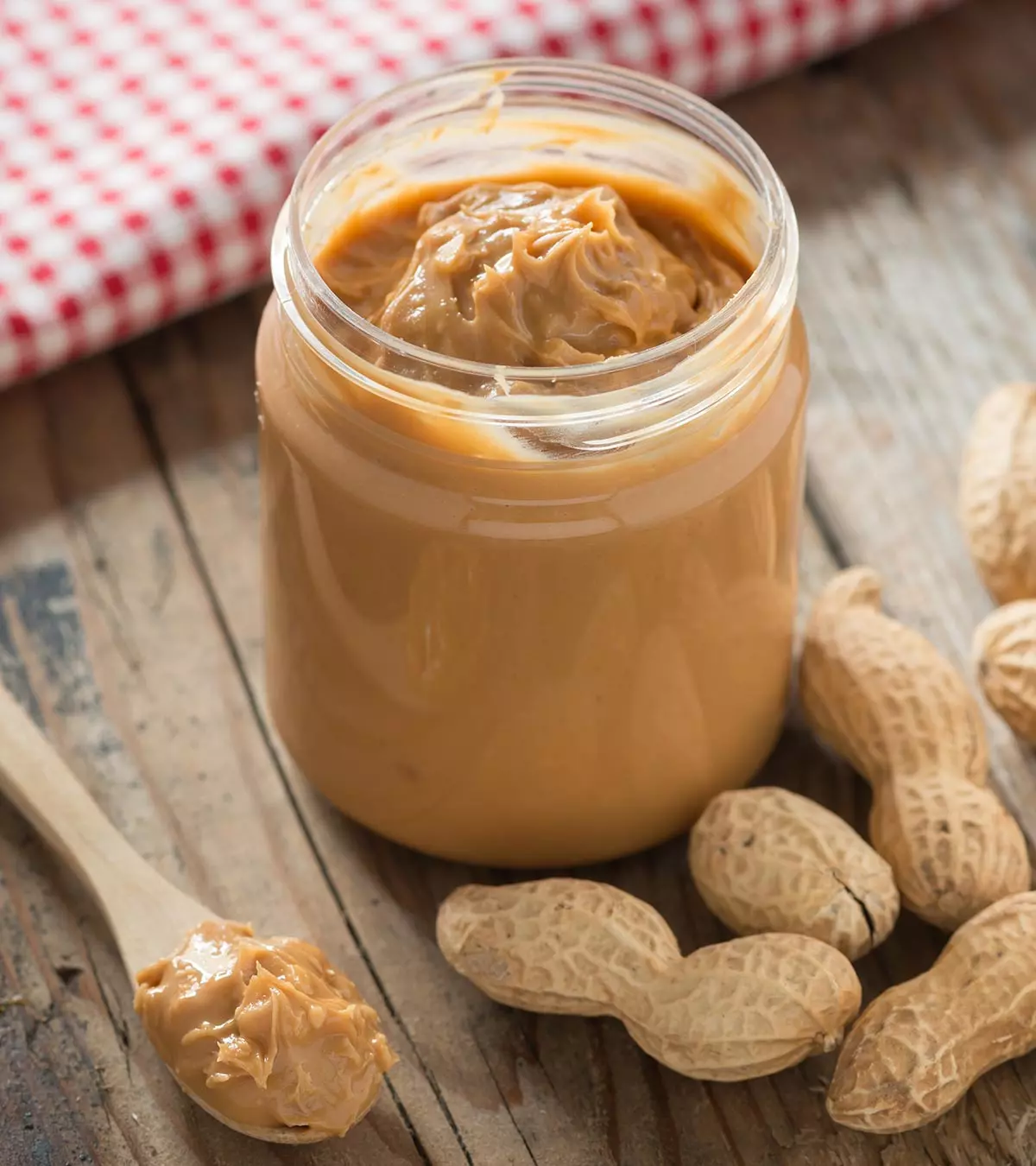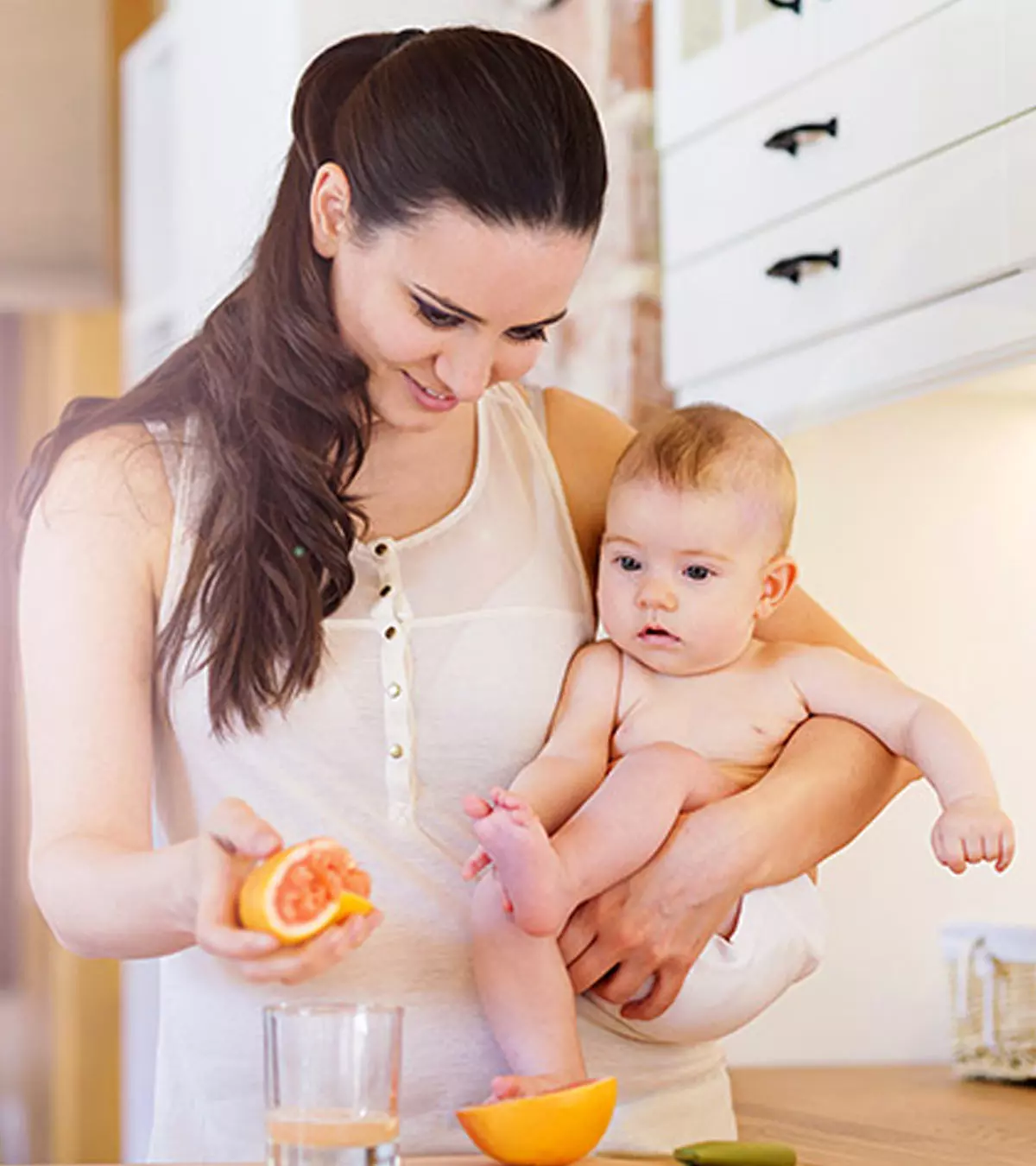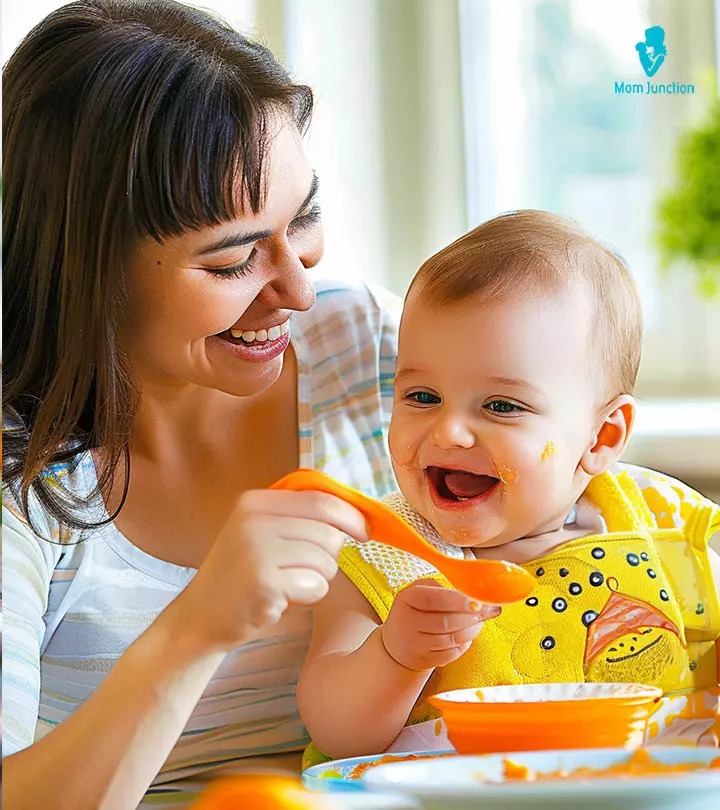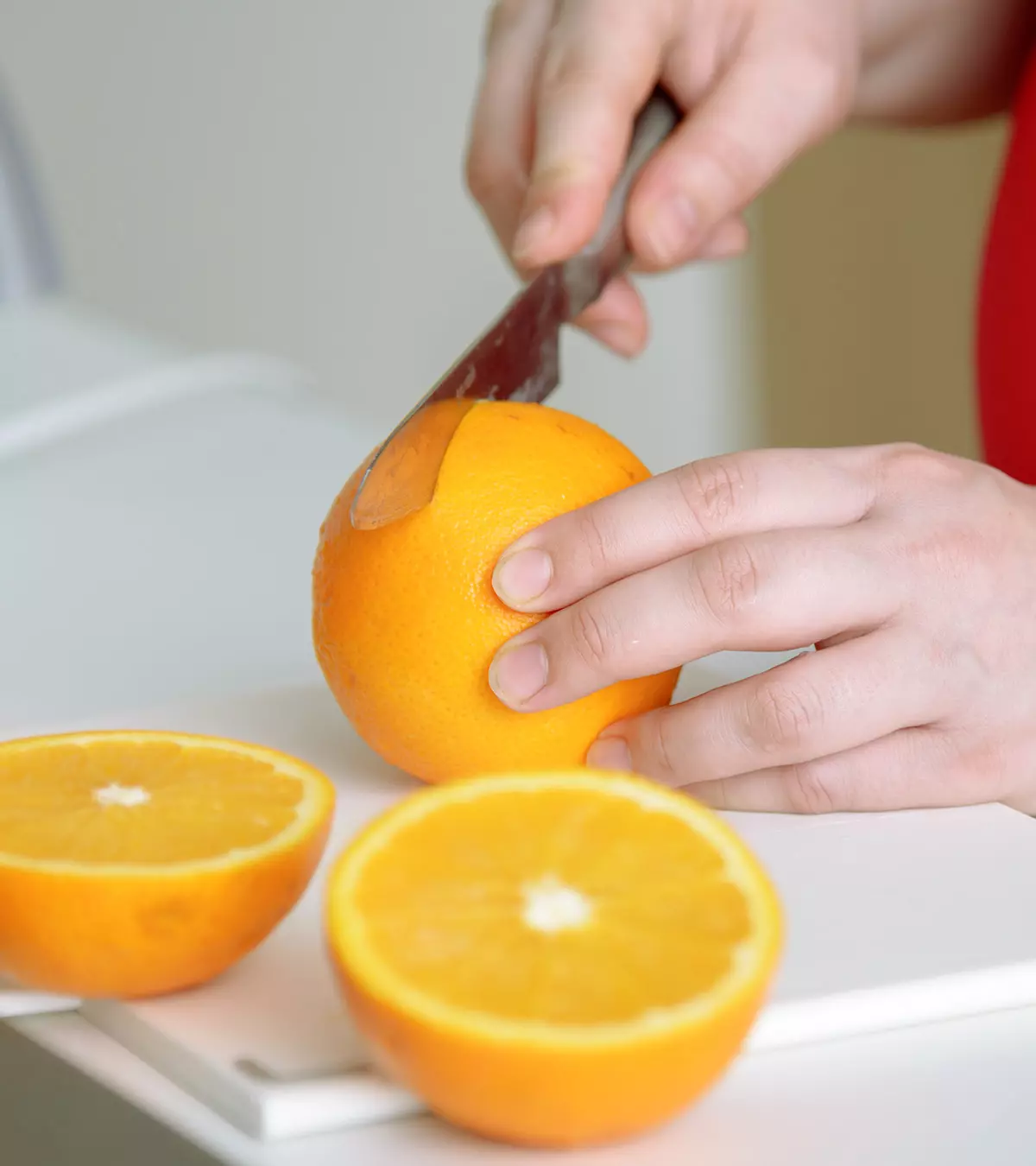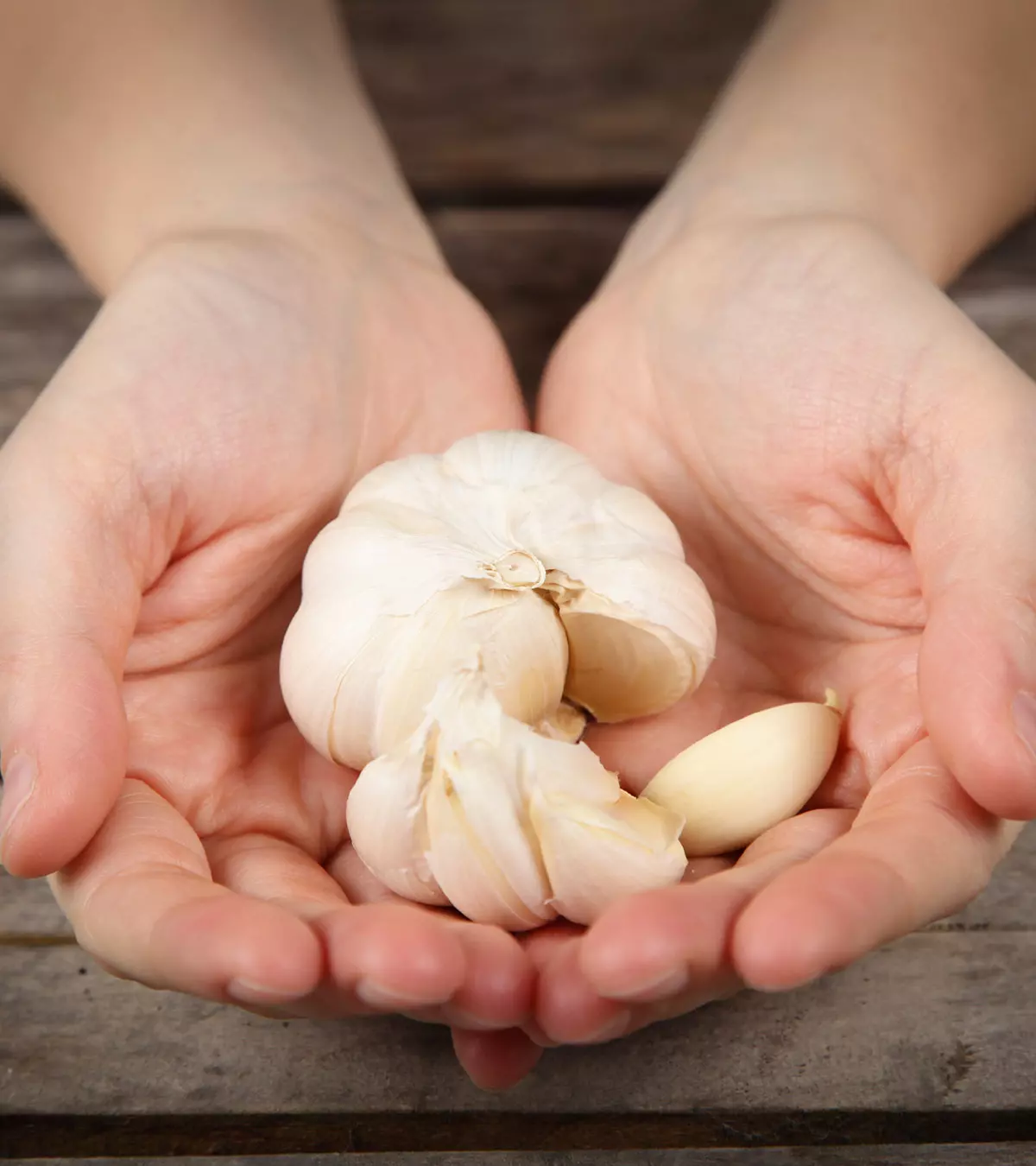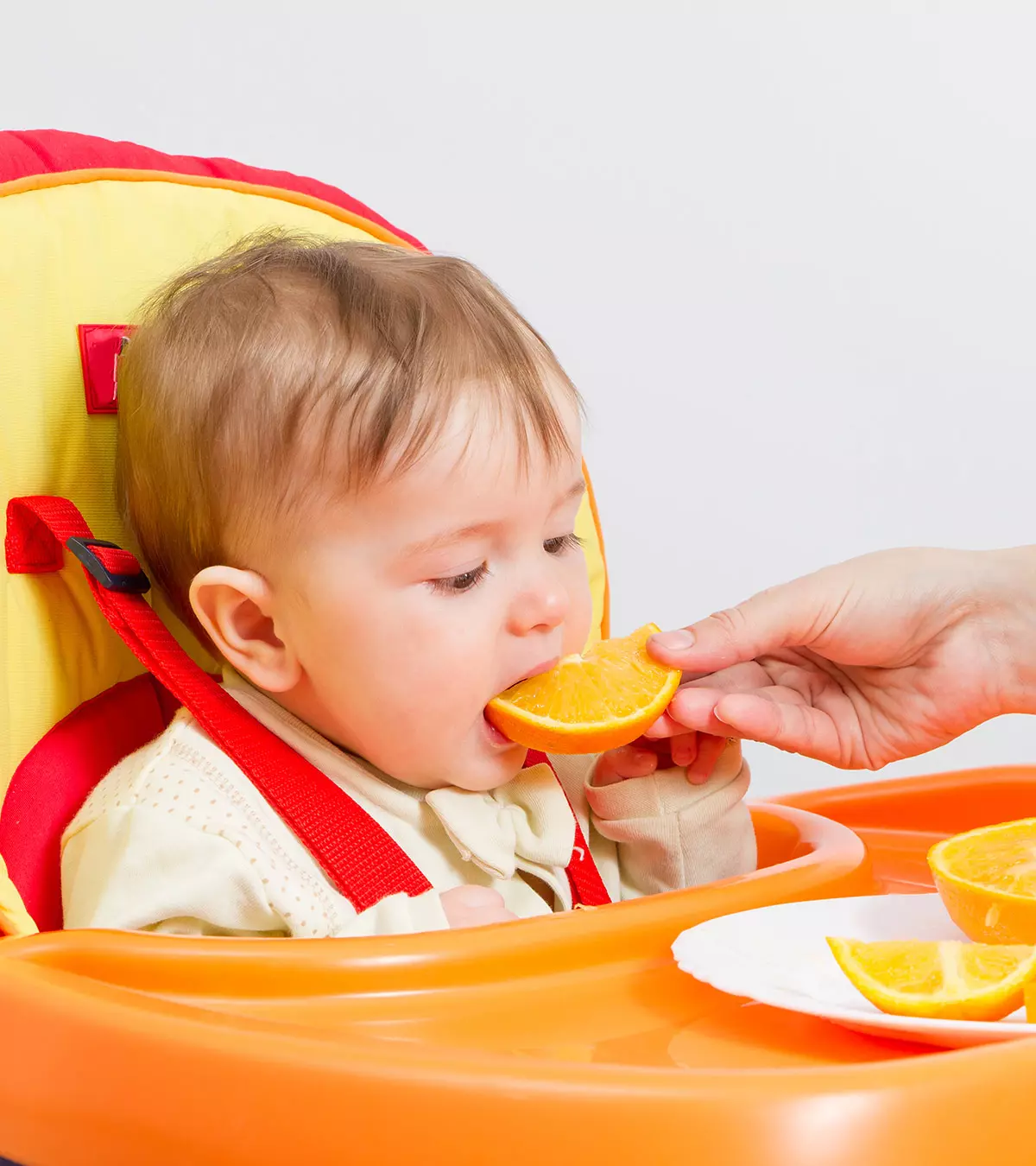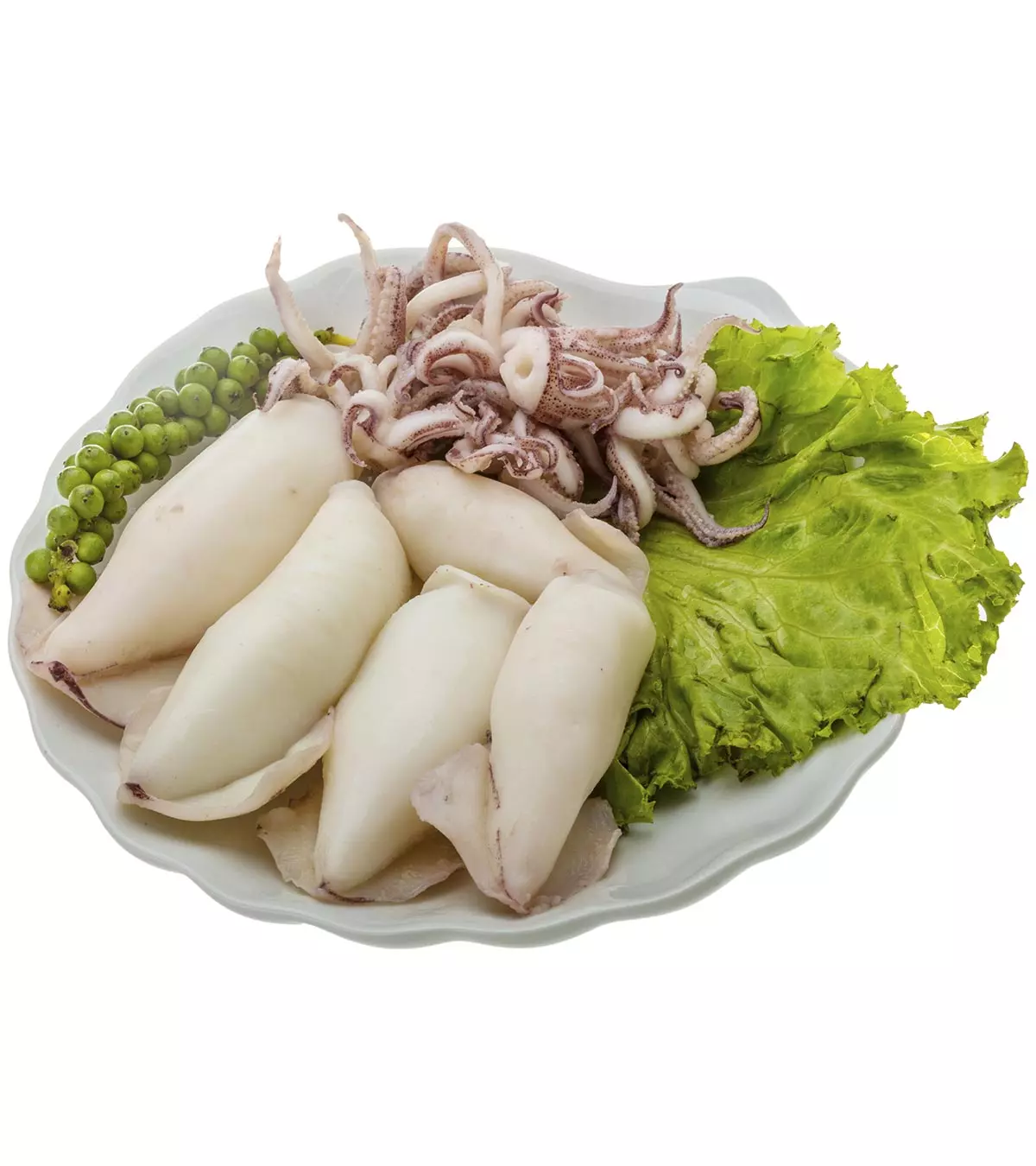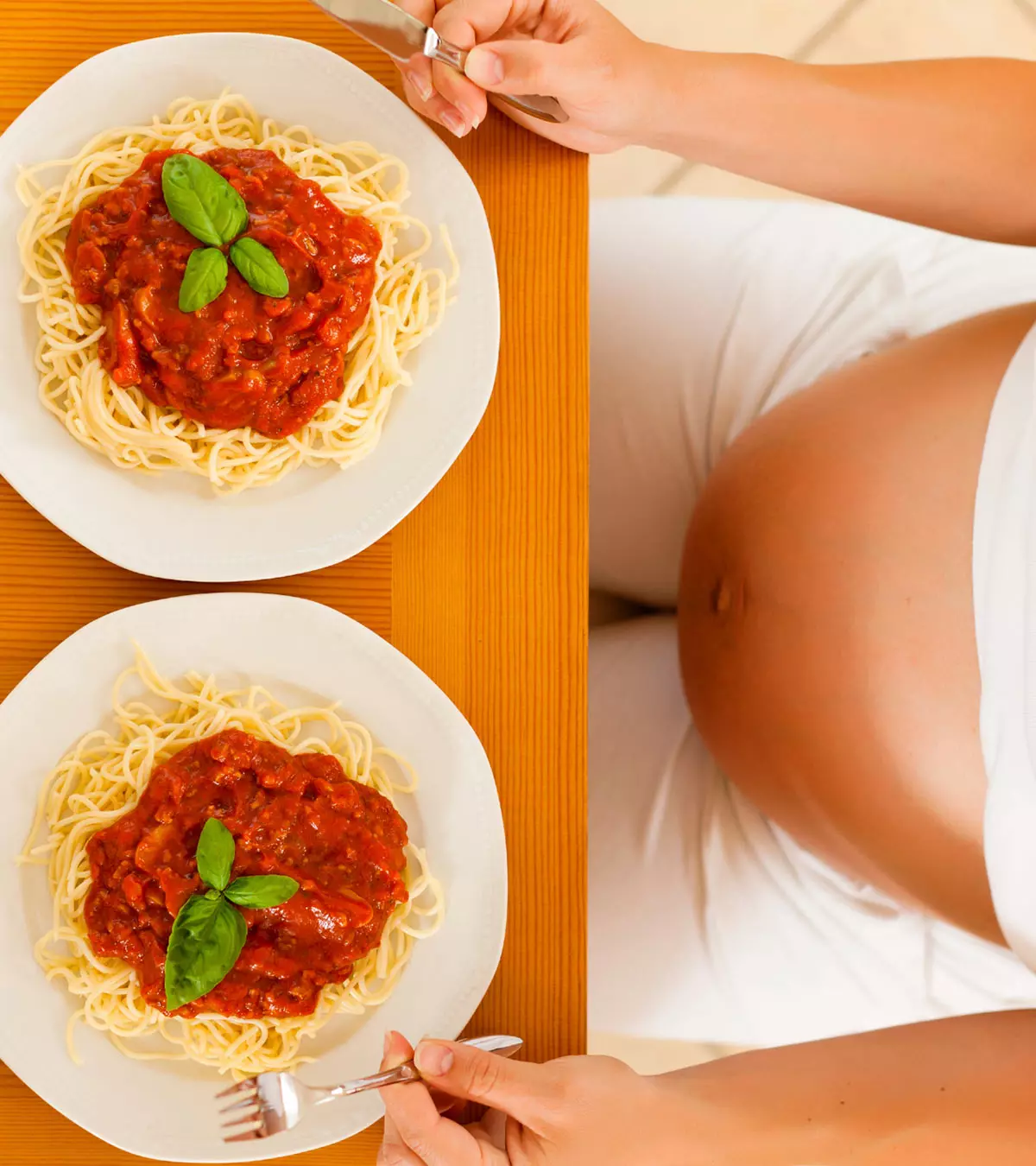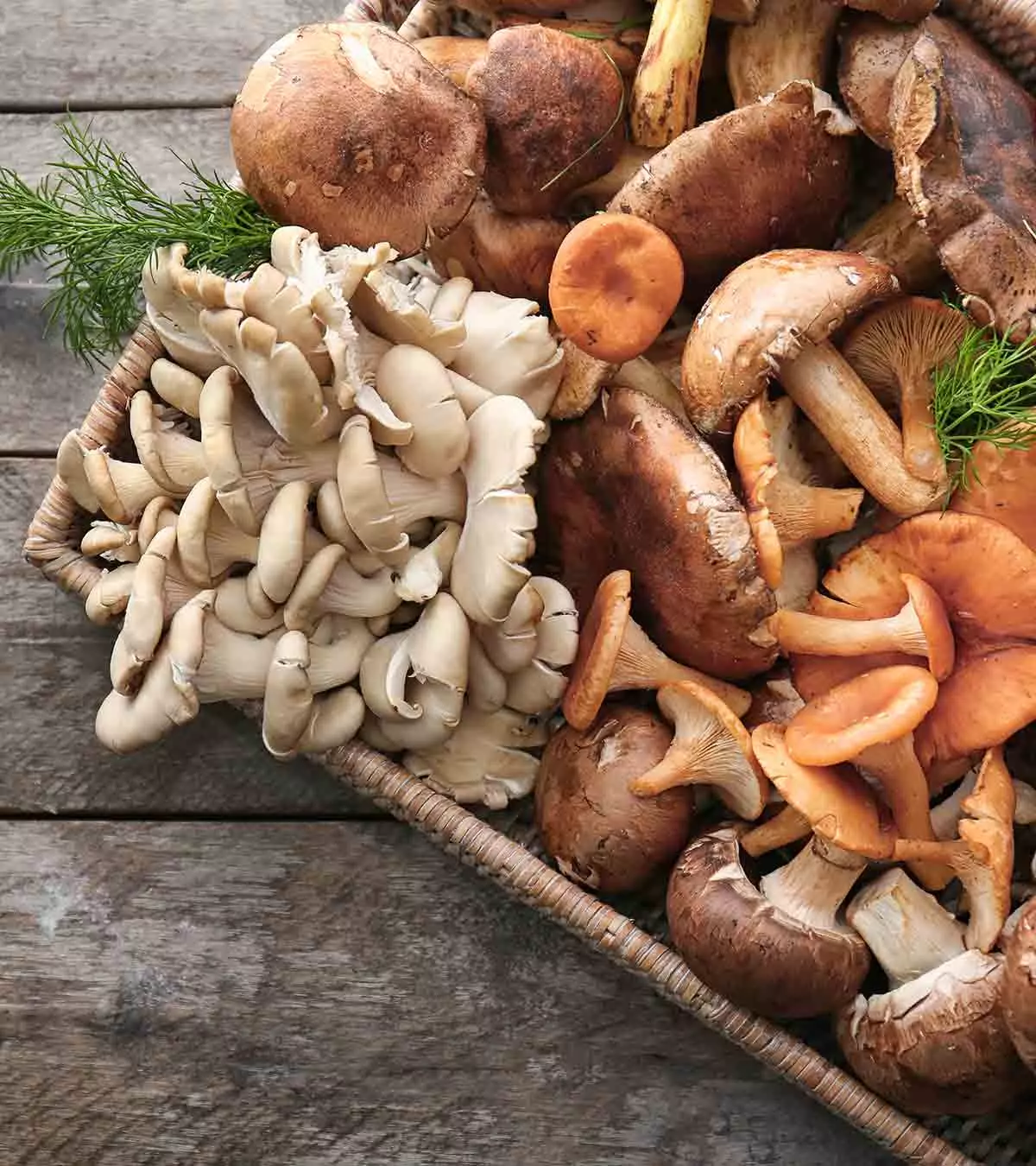
Image: Shutterstock
When you first get out of bed, one of the first things you want is your morning coffee. However, you should be careful about what you eat and drink when pregnant since it directly impacts your baby. Therefore, you might consider the implications of consuming coffee during pregnancy, including how much coffee you should drink.

Coffee contains caffeine, which keeps you active and alert during long days at work or at home. While caffeine can positively affect some people, it’s advised to avoid or limit the consumption of coffee and other caffeinated beverages when pregnant. Read on to learn more about caffeine and know if it is safe to consume coffee when pregnant.
Key Pointers
- The recommended daily caffeine intake for pregnant women is up to 200mg.
- Overconsumption can cause increased blood pressure and heart rate, anxiety, sleep disturbances, and dehydration.
- Caffeine can also affect fetal heart rate and sleep patterns.
- Consuming too much caffeine can lead to complications such as miscarriages, preterm labor, and low-weight babies.
- Caffeine-free options such as green tea, decaf coffee, lemonade, coconut water, or lassi are some alternatives to coffee.
How Much Caffeine Can A Pregnant Woman Have In A Day?
Pregnant women can consume up to 200mg of caffeine a day, which is less than a full cup of coffee (1). In other words, you can take one-and-a-half mugs of filtered coffee or two cups of instant coffee every day to satiate the caffeine cravings (2).
Though it is best to stay away from caffeine in pregnancy, experts suggest that it is okay even if you drink as long as it is within the limit.
What Happens When You Drink Too Much Of Caffeine When Pregnant?
Your body can tolerate small to moderate amounts of caffeine every day. Excess consumption, however, can have adverse side effects for you and the baby.
Effects of caffeine on pregnant women
- Caffeine is a stimulant, and too much of it can increase blood pressure and heart rate, causing anxiety and sleep problems such as sleep deprivation and insomniaiIt is a sleep condition that makes it difficult for a person to fall asleep, stay asleep, or get a decent night's sleep (3).

- It is a diuretic that increases your frequency of urination, and removes water from the body, making you dehydrated (3).
- Regular consumption of caffeine can lead to its addiction (4). When you stop it abruptly, you are most likely to experience withdrawal symptoms such as irritability, fatigue, and headache.
Managing coffee cravings during pregnancy can be quite a struggle, especially if you’re used to having your daily coffee; however, some expectant mothers may experience an aversion to coffee. Annabelle Kaise, a mother of two and a nurse birth doula, shares her views on consuming coffee during pregnancy, “When I was pregnant, I didn’t really want the coffee, the smell in the morning, the taste just didn’t do it for me. Although my body still needed that caffeine kick, I couldn’t drink coffee (i).”
 Research finds
Research findsEffects of caffeine on the fetus
Caffeine can also cross the placenta and affect the developing organs in the fetus, which cannot handle the caffeine. Also, caffeine:
- Stimulates the baby, keeping it active for a long time.
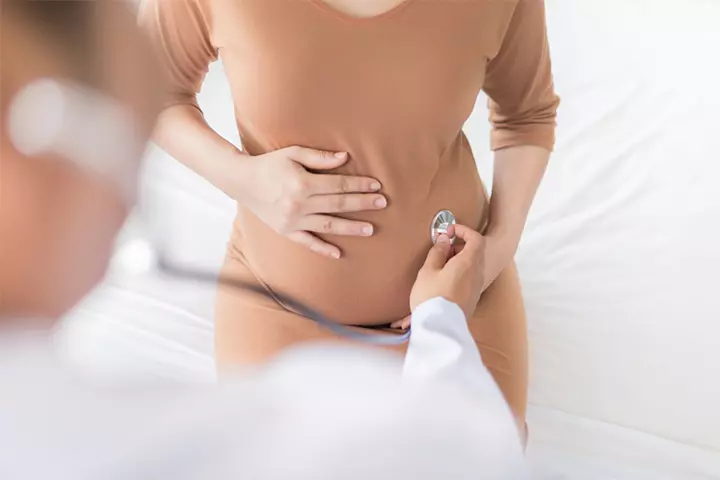
- Stimulates the heart rate of the fetus, which could lead to sleep disturbances, and irregular heartbeat (5).
- The baby’s sleep pattern as well as their normal movements get disturbed, especially in the later stages of pregnancy.
Continuous intake of excess caffeine can build up caffeine reserves in the fetal body, and after birth, the baby may show withdrawal symptoms such as vomiting, jitteriness, and irritability (6).
 Did you know?
Did you know?Effects of caffeine on pregnancy
Caffeine could also lead to the following pregnancy complications:
- Congenital disabilityiFunctional or structural abnormalities develop in the womb or are present at birth : Although excess intake of caffeine can create irregular heartbeat, there is no scientific evidence saying it could lead to disability or deformity (7).
- Miscarriage: Some studies have concluded that there is a link between caffeine and miscarriage or early stillbirth. In one analysis of 26 studies, the findings showed that caffeine would increase the risk of pregnancy loss (8). Another study concludes that the chance of miscarriage is greater when pregnant women consume over 200mg of caffeine every day (9). In a different study, findings say that caffeine can only increase the risk of miscarriage when combined with smoking, alcohol, and drugs (10).
- Preterm laboriIt is when labor begins before 37 weeks of pregnancy : Though some people believe that caffeine can increase the possibilities of premature labor, studies find no association between caffeine and preterm delivery (11).

- Low birth weight babies: Caffeine intake of more than the recommended amount can lead to fetal growth fetal growth restrictioniA condition where the fetus does not grow as expected and the fetus is smaller than expected for the number of weeks of pregnancy and low birth weight in babies (12).
Foods Containing Caffeine
For most people, caffeine is synonymous with coffee. But do you know that several other beverages and solid food items also contain some amount of caffeine? In fact, even the foods that are not listed as caffeinated and decaffeinated items may also contain traces of caffeine.
Next, we give you a list of foods and drinks that contain caffeine. This is a general average of caffeine present in each item and may vary from time to time, depending on some factors (13).
| Product | Quantity | Amount of caffeine (mg) |
|---|---|---|
| Brewed coffee | 1 cup (8oz) | 135 |
| Instant coffee | 1 cup (8oz) | 135 |
| Decaf coffee | 1 cup (8oz) | 2 |
| Starbucks brewed dark roast coffee | 16oz | 130 |
| Dunkin’ Donuts regular hot coffee | 14oz | 178 |
| Decaf tea | 1 tea bag | 2 |
| Black tea | 1 tea bag | 30-80 |
| Green tea | 1 tea bag | 35-60 |
| Dark chocolate | 1oz | 4 |
| Hershey’s milk chocolate | 1.55oz | 9 |
| Hot chocolate | 16oz | 25 |
| Coca-cola | 1 can (12 fluid ounce or fl oz) | 34 |
| Red Bull energy drink | 1 can (8.4 fl oz) | 80 |
| Diet Pepsi | 1 can (12 fl oz) | 34 |
| Diet Coke | 1 can (12 fl oz) | 46 |
| Pepsi | 1 can (12 fl oz) | 38 |
The amount of caffeine in these foods and drinks depends on the following factors:
- Brand type
- Preparation method
- The size of the cup or mug
- Type of coffee beans or tea leaves used
- The way it is served (for instance, espresso, cappuccino or latte)
Medications also contain caffeine
Some pain-relieving medications, especially those meant for cold and flu, contain caffeine to counter their sedative effects (14). Learn to read the composition of medications before you take them, and try to avoid over-the-counter medications. Always seek your practitioner’s approval before taking any medicine.
Are There Any Safe Alternatives To Coffee During Pregnancy?
Moderate consumption will not do any harm. So replace a big cup of coffee with a small one. But if you want to give up coffee, there are other safer, less-caffeinated alternatives to choose from.
- Green tea: Green or herbal teas are low in caffeine. Drinking green tea in pregnancy is your safest bet as they are barely brewed.

- Instant coffee: Choose instant coffee rather than filter coffee. Half a teaspoon of coffee with milk will be a better option than filtered coffee.
- Decaf: The caffeine content is markedly reduced in decaf coffee. You can safely opt for decaffeinated coffee while pregnant in moderation.
You can also try these caffeine-free alternative beverages to mitigate the health risks. But if you are not able to avoid caffeine completely, take them just before your regular coffee or tea time. This helps curb the caffeine habit.
- Lemonade: It is caffeine-free, good for digestion, heart and skin health, refreshing and also quenches your thirst.
- Coconut water: Helps maintain pH balance, eases digestion, improves immunity and also gives you an energy boost.
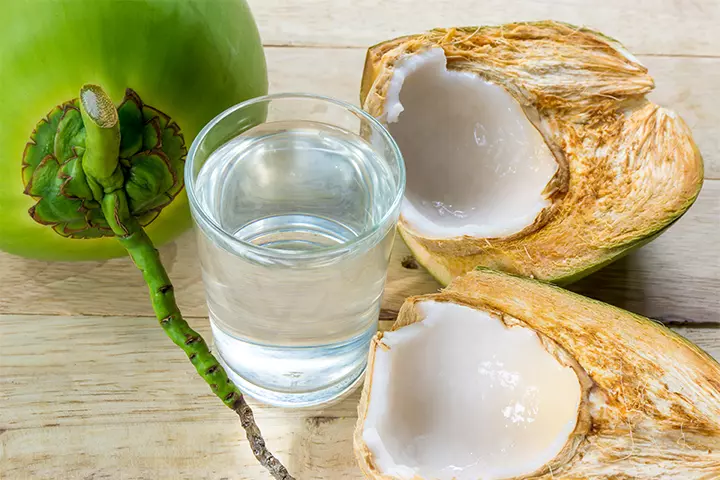
- Yogurt, buttermilk or lassi: These are some of the must-haves during pregnancy to replenish your body system, especially during summer.
- Kokum juice: It is an excellent source of antioxidantsiMan-made or natural substances that may prevent or slow down cell damage caused due to harmful molecules called free radicals , improves appetite and also helps with morning sickness.
- Coriander seeds water: Rich in iron, potassium, calcium, folic acid, magnesium, and vitamins A, K, and C.
Next, we answer a few more questions on caffeine while pregnant.
Frequently Asked Questions
1. Is it okay to drink decaf coffee when pregnant?
Yes, you can drink decaf coffee when you are pregnant as it contains trace amounts (2-12mg) of caffeine, which is less than the daily recommended amount. However, remember that other sources such as chocolate, tea, and carbonated colas also contribute to your caffeine intake, which may make up the daily total.
2. Is it safe to drink iced coffee when pregnant?
Yes, it is safe to drink iced coffee in moderation. But the total caffeine consumption should not exceed the daily limits.
3. Can I drink coffee in early pregnancy?
Yes, you can consume coffee in early pregnancy, but not more than 200mg of caffeinated coffee.
4. Can caffeine cause miscarriage in early pregnancy?
Yes, overconsumption of caffeine during early pregnancy increases the risk of miscarriage (15).
5. When to stop drinking coffee when pregnant?
You need not give up on coffee while pregnant, but just ensure to limit its intake.
6. Can drinking coffee affect a pregnancy test?
Drinking coffee will not interfere with or affect the pregnancy test. However, drinking excess coffee or other caffeinated drinks during pregnancy increases the frequency of urination. It can affect the test results by diluting the urine and reducing the amounts of hCG hormone in it.
7. Is it okay to drink coffee in the third trimester?
It is okay to drink coffee in the third trimester unless you consume beyond the recommended limit. Excessive intake is likely to increase the chances of growth retardation in the fetus (16).
8. Does caffeine affect fetal brain development?
Animal studies indicate that excessive consumption of caffeine during pregnancy may adversely affect fetal brain development and increase the risk of early onset of Alzheimer’s disease-like symptoms (18).
9. Can consuming coffee during pregnancy cause ADHD in my child?
According to a study in 2016, the consumption of coffee during pregnancy does not increase the risk of ADHD. However, it is best to seek your doctor’s advice for further information on this subject (19).
10. How long does it take for caffeine to reach the baby?
Caffeine may take about an hour to reach the baby through breast milk after you consume it. It may make your baby fussy and irritable (20).
Caution should be exercised while consuming coffee during pregnancy. The caffeine that otherwise helps you stay active may not benefit your baby. In fact, excessive caffeine in your pregnancy diet can cause irregular heart rate in the baby and increased blood pressure and anxiety in the mother. Hence, you may try safe alternatives to coffee such as green tea, decaf coffee, and coconut water. However, if you’re a regular coffee drinker, you need not stop completely. Instead, consult your ob/gyn to know the safe amount you can take.
Infographic: Coffee Guide For Pregnant Women
If you are someone who cannot start your day without a shot of espresso or black coffee, the onset of pregnancy might bring about a lot of questions and doubts about your caffeine choice and intake. Fret not! This infographic brings you a list of pregnancy-safe coffee suggestions that you can have while abiding by your daily caffeine intake levels. Read through and save it for sure. Illustration: Momjunction Design Team
Illustration: Caffeine (Coffee) During Pregnancy: Is It Safe?
_during_pregnancy_is_it_safe_illustration.jpg.webp)
Image: Stable Diffusion/MomJunction Design Team
Do you want to know whether you can have coffee during pregnancy? Find out in this video and demystify the caffeine dilemma for pregnant women by discovering safe coffee consumption levels during pregnancy.
Personal Experience: Source
MomJunction articles include first-hand experiences to provide you with better insights through real-life narratives. Here are the sources of personal accounts referenced in this article.
i. Can you drink coffee while pregnant?.
https://www.youtube.com/watch?v=gz_LUx2YYWI&feature=youtu.be
References
- How much coffee can I drink while I’m pregnant?.
https://www.acog.org/womens-health/experts-and-stories/ask-acog/how-much-coffee-can-i-drink-while-pregnant - Foods to avoid in pregnancy.
https://www.nhs.uk/pregnancy/keeping-well/foods-to-avoid/ - Caffeine Q & A.
https://uhs.umich.edu/caffeine - Too much coffee?.
https://www.apa.org/gradpsych/2015/11/coffee - Moderate daily caffeine intake during pregnancy may lead to smaller birth size.
https://www.nih.gov/news-events/news-releases/moderate-daily-caffeine-intake-during-pregnancy-may-lead-smaller-birth-size - J D McGowan et. al.; (1988); Neonatal withdrawal symptoms after chronic maternal ingestion of caffeine.
https://pubmed.ncbi.nlm.nih.gov/3420441/ - Marilyn L. Browne et. al.; (2011); Maternal caffeine intake and risk of selected birth defects in the national birth defects prevention study.
https://onlinelibrary.wiley.com/doi/abs/10.1002/bdra.20752 - Ji Li et. al.; (2015); A meta-analysis of risk of pregnancy loss and caffeine and coffee consumption during pregnancy
https://pubmed.ncbi.nlm.nih.gov/26026343/ - XiaopingWeng et. al.; (2006); Maternal caffeine consumption during pregnancy and the risk of miscarriage: a prospective cohort study.
https://www.sciencedirect.com/science/article/abs/pii/S000293780702025X - Caffeine and Pregnancy.
https://citeseerx.ist.psu.edu/viewdoc/download?doi=10.1.1.391.5706&rep=rep1&type=pdf - Ekaterina Maslova et al.; (2010); Caffeine consumption during pregnancy and risk of preterm birth: a meta-analysis.
https://academic.oup.com/ajcn/article/92/5/1120/4597522 - Maternal caffeine intake during pregnancy and risk of fetal growth restriction: a large prospective observational study.
https://www.ncbi.nlm.nih.gov/pmc/articles/PMC2577203/ - Eating Expectantly: A Practical and Tasty Approach to Prenatal Nutrition; p 43.
https://books.google.co.in/books?id=6gJOdEtE_GUC&q=Starbucks#v=snippet&q=Starbucks&f=false - Insomnia: Symptoms, Causes, and Treatment.
https://www.helpguide.org/wellness/sleep/insomnia-causes-and-cures - Sven Cnattingius et. al.; (2000); Caffeine Intake and the Risk of First-Trimester Spontaneous Abortion.
https://www.nejm.org/doi/full/10.1056/NEJM200012213432503 - Torstein Vik et. al.; (2003); High caffeine consumption in the third trimester of pregnancy: gender-specific effects on fetal growth.
https://pubmed.ncbi.nlm.nih.gov/14629313/ - Moderate daily caffeine intake during pregnancy may lead to smaller birth size.
https://www.nih.gov/news-events/news-releases/moderate-daily-caffeine-intake-during-pregnancy-may-lead-smaller-birth-size - Stefania Zappettini et al.; (2019); Caffeine Consumption During Pregnancy Accelerates the Development of Cognitive Deficits in Offspring in a Model of Tauopathy.
https://www.ncbi.nlm.nih.gov/pmc/articles/PMC6797851/ - Bianca Del-Ponte et al.; (2016); Caffeine consumption during pregnancy and ADHD at the age of 11 years: a birth cohort study.
https://pubmed.ncbi.nlm.nih.gov/27920084/#:~:text=Caffeine%20consumption%20during%20the%20entire%20pregnancy%20and%20the%20first%2C%20second,the%20crude%20or%20adjusted%20analysis - Caffeine.
https://www.ncbi.nlm.nih.gov/books/NBK501467/
Community Experiences
Join the conversation and become a part of our nurturing community! Share your stories, experiences, and insights to connect with fellow parents.
Read full bio of Dr. Shikha Sharma
Read full bio of Swati Patwal
Read full bio of Rebecca Malachi
Read full bio of Aneesha Amonz





